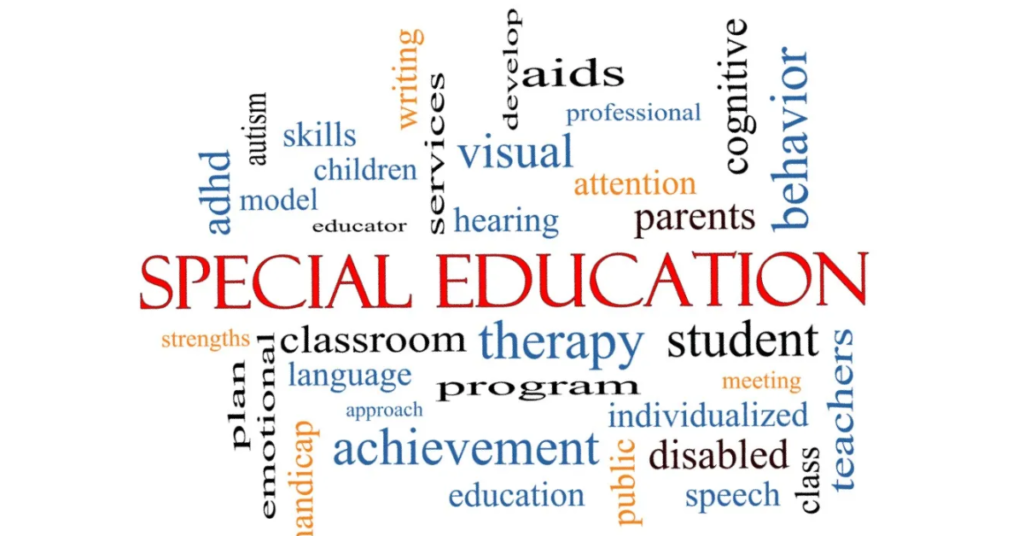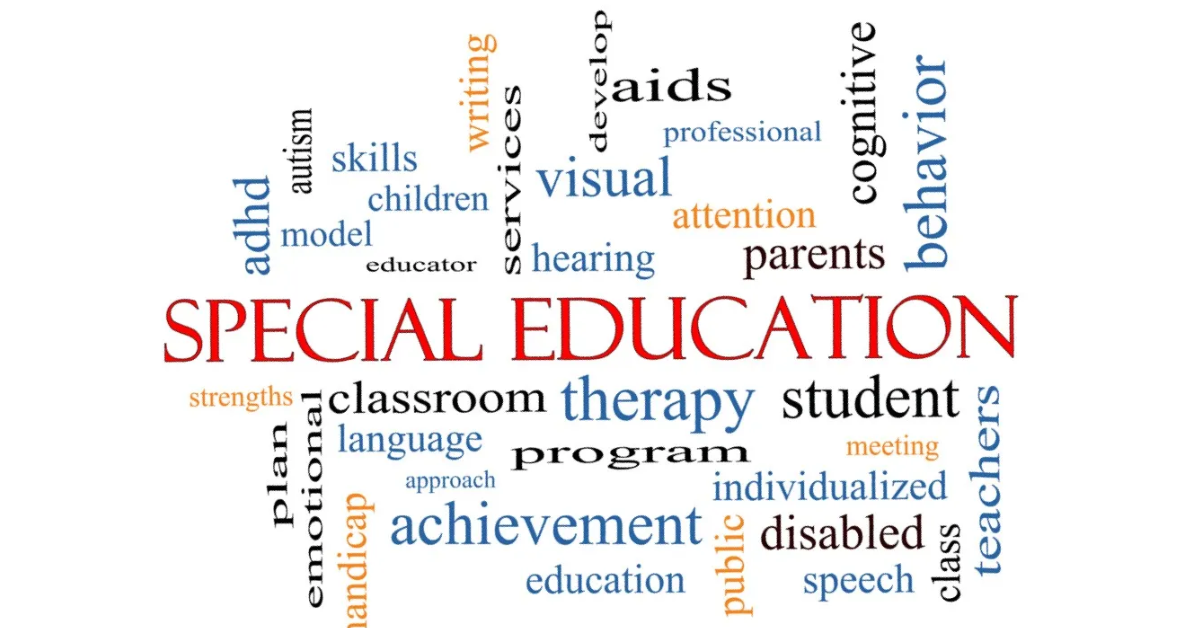Special education plays a vital role in our educational system, ensuring that students with disabilities receive the tailored support they need to thrive academically and socially. University special education programs are essential in preparing future educators who will work with these students. This article offers a comprehensive examination of the significance, structure, and outcomes of university special education programs, highlighting their crucial role in fostering inclusive educational environments.

The Importance of Special Education Programs
Understanding Special Education
Special education refers to a range of services and instructional practices designed to meet the unique needs of students with disabilities. These disabilities may include cognitive impairments, emotional disturbances, or physical limitations. The primary aim of special education is to provide equitable access to education and support the holistic development of each student, promoting not only academic success but also social and emotional growth.
The Role of Special Education Teachers
Educators trained in special education are pivotal in developing and implementing Individualized Education Programs (IEPs) that cater to each student’s specific needs. They create inclusive learning environments where all students can participate and succeed, regardless of their abilities. Additionally, special education teachers serve as advocates for their students, ensuring their rights are respected and that they receive necessary support throughout their educational journey.
Structure of University Special Education Programs
Degree Options Offered
University special education programs typically provide several degree pathways, including:
- Bachelor’s Degrees: These programs offer foundational knowledge in education and special education, equipping students with essential skills and understanding to enter the field.
- Master’s Degrees: Advanced programs delve deeper into specialized areas, such as learning disabilities or emotional and behavioral disorders. They often include research components and practical experiences, preparing graduates for leadership roles.
- Doctoral Degrees: Doctoral programs focus on advanced research and policy development, allowing students to contribute new insights to the field of special education through original research.
Core Curriculum Components
The curriculum of special education programs is designed to equip future educators with a well-rounded understanding of the field. Key components typically include:
- Foundational Courses: Covering the history, philosophy, and legal aspects of special education, these courses provide essential context for understanding current practices.
- Assessment and Evaluation Techniques: Students learn to assess and evaluate students with disabilities using standardized tests and informal assessment methods, enabling them to tailor instructional strategies effectively.
- Instructional Strategies: Coursework on instructional methods prepares future educators to adapt their teaching styles to meet the diverse needs of students.
- Behavior Management: Training in behavior management techniques helps educators create positive learning environments and implement effective interventions.
- Field Experience: Practical experience through student teaching or internships is crucial, allowing candidates to apply their knowledge in real-world classroom settings under the guidance of experienced educators.
Accreditation Standards
Accreditation is a critical component of university special education programs. Programs accredited by organizations such as the Council for the Accreditation of Educator Preparation (CAEP) or the National Council for Accreditation of Teacher Education (NCATE) meet rigorous standards, ensuring that they provide high-quality education. Additionally, programs are designed to align with state certification requirements, preparing graduates to obtain the necessary licensure to teach in public schools.
Career Opportunities for Graduates
Diverse Career Paths
Graduates of university special education programs have various career opportunities available to them. Common roles include:
- Special Education Teacher: Working directly with students with disabilities in public, private, and specialized educational settings.
- Resource Teacher: Providing support to general education teachers and helping implement effective strategies for teaching students with special needs.
- Educational Consultant: Advising schools and educational organizations on best practices for inclusive education and developing policies that support students with disabilities.
- Behavior Analyst: Focusing on students with challenging behaviors and developing intervention strategies to promote positive behavior change.
- Administrator: Taking on leadership roles, such as special education coordinators or district administrators, where they oversee the implementation of special education programs and compliance with regulations.
Impact on Individuals and Communities
The influence of special education programs extends beyond individual students. By fostering inclusive practices and advocating for equal opportunities, these programs contribute to the broader community’s well-being. Educators trained in special education help create classrooms that embrace diversity, leading to greater social cohesion and understanding.
Current Trends and Challenges
Inclusion and Mainstreaming
A significant trend in special education is the push for inclusion and mainstreaming, which advocates for students with disabilities to learn alongside their typically developing peers whenever possible. While this approach promotes social integration, it also presents challenges, such as the need for teachers to be adequately trained to meet diverse needs within a single classroom.
Technological Advancements
Technology is playing an increasingly important role in special education. Assistive technologies, such as communication devices and adaptive software, empower students with disabilities to engage more fully in their education. Universities are incorporating technology training into their special education programs, ensuring that future educators are well-versed in the latest tools and resources available.
Addressing Teacher Shortages
Despite the critical need for special education teachers, many regions face significant shortages. This issue stems from various factors, including the demanding nature of the job and inadequate support for educators. Universities are working to address this challenge by promoting the benefits of a career in special education and offering incentives to attract and retain qualified professionals.
Conclusion
University special education programs are crucial in shaping the future of education for students with disabilities. By providing comprehensive training and fostering a deep understanding of diverse learning needs, these programs empower educators to make a positive impact in their classrooms and communities. As the educational landscape continues to evolve, special education programs must adapt and innovate, ensuring that every student has the opportunity to succeed. Investing in these programs is an investment in a more inclusive and equitable society, benefiting individuals and communities alike.
